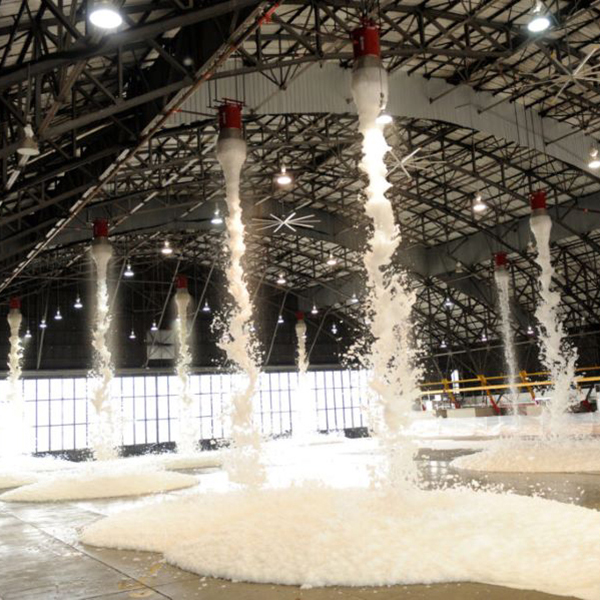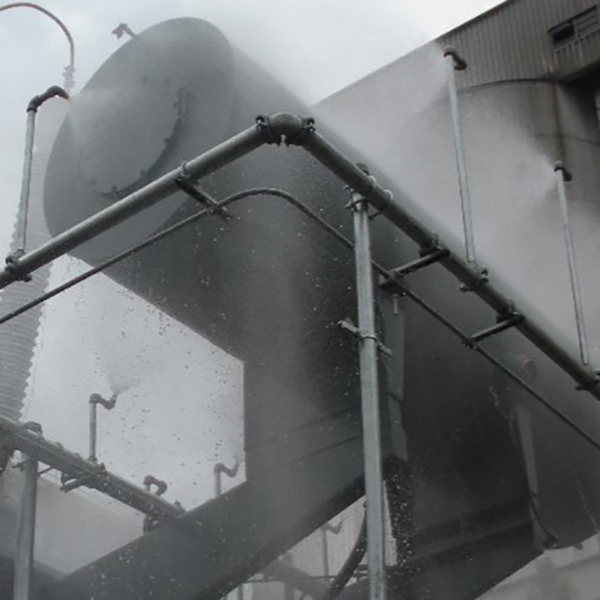SPECIAL HAZARD FIRE SUPPRESSION
Trusted Protection of Precision Equipment
When traditional water-based fire protection systems are not sufficient for safeguarding sensitive equipment, opting for a Special Hazard application becomes imperative. These systems offer a safer alternative, reducing the risk of water damage to high-cost equipment, minimizing electrical conductivity due to high voltage equipment, ensuring uninterrupted operations and protecting valuable assets.
NFPA covers special hazards in various standards. Here are a few of those code books:
- NFPA 11 – Standard for Low-, Medium-, and High-Expansion Foam
- NFPA 12 –Standard on Carbon Dioxide Extinguishing Systems
- NFPA 12A – Standard on Halon 1301 Fire Extinguishing Systems
- NFPA 15 – Standard for Water Spray Fixed Systems
- NFPA 16 – Standard for the Installation of Foam Systems
- NFPA 17 – Standard for Dry Chemical Extinguishing Systems
- NFPA 1A7A – Standard for Wet Chemical Extinguishing Systems
- NFPA 2001 – Standard on Clean Agent Fire Extinguishing Systems
For a complete list of NFPA Codes, CLICK HERE
Oliver Fire Protection & Security specializes in installing and maintaining various Special Hazard systems tailored to your individual business needs, ensuring both life safety and asset protection.



Special Hazard types
- Foam Systems
- Clean Agent Systems:
- FM200
- Inergen
- Novec
- CO2 Systems
- Dry Chemical
- Air Sampling Detection
- Water Mist Systems
Typical Facilities with Special Hazard Protection
- Data Centers
- Telecommunication Facility
- UPS Rooms
- Power Plants and Transformers
- Aircraft Hangers
- Coal Mines
- Paint Spray Booth
- Flammable Liquid Storage
- Automotive Vehicles
- Boats
- Industrial Machinery
- Healthcare Facilities
- Laboratories
- Libraries
- Museums
Contact the Special Hazard Experts
Speak to Oliver’s knowledgeable and experienced representatives today about whether a special hazard fire protection system would be right and which system would best serve your specific application needs. Contact us by CLICKING HERE
